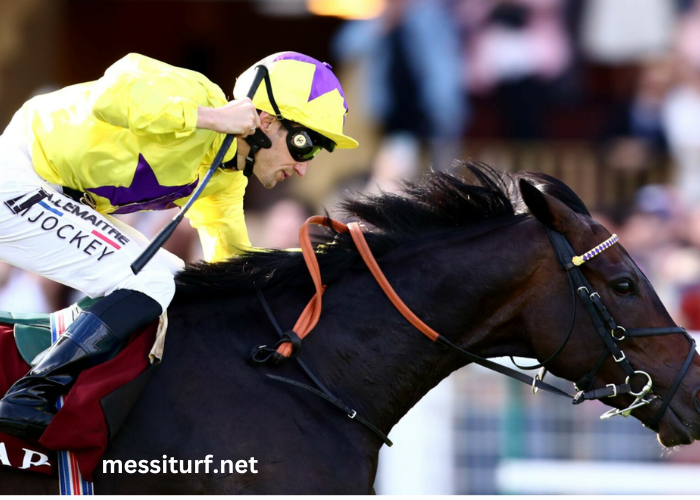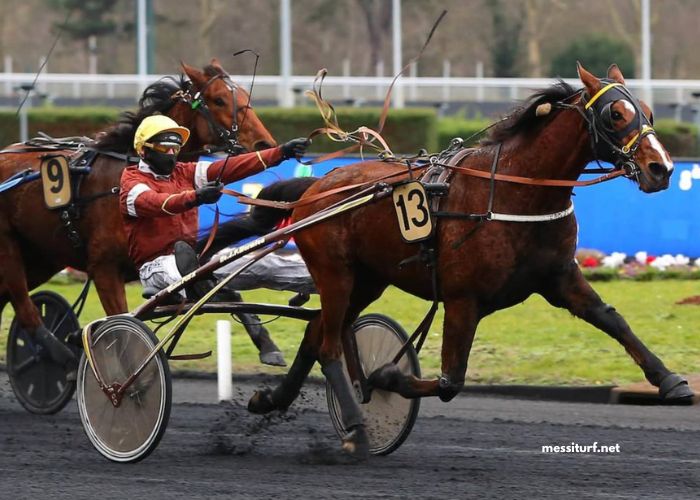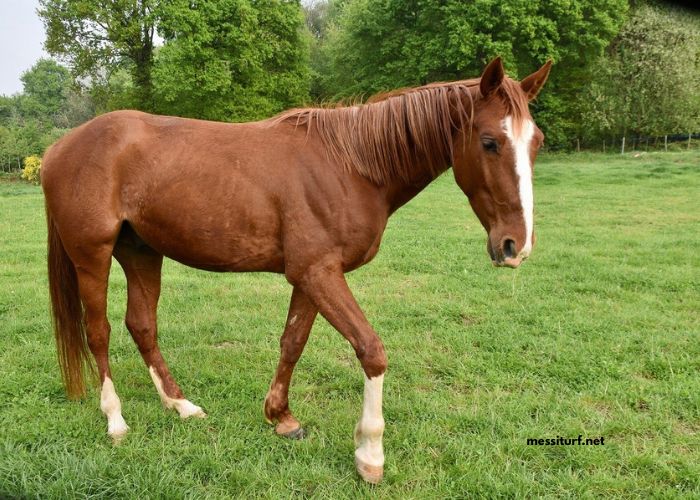In the thrilling world of horse racing, Quinté Base predictions stand as a fundamental strategy for enthusiasts and bettors alike. The Quinté Base, a popular form of betting in French horse racing, requires predicting the first five horses to cross the finish line. It’s a challenging yet rewarding pursuit that combines analysis, strategy, and a touch of intuition. Whether you’re a seasoned punter or a newcomer eager to delve into the excitement, mastering Quinté Base predictions is key. In this comprehensive guide, we’ll explore everything you need to know to enhance your understanding and sharpen your skills in predicting the Quinté Base.
Understanding the Quinté Base
The Quinté Base, also known as the Quinté+ or the Quinté en 5, is a specific type of bet offered in French horse racing. It involves selecting the first five horses to finish a designated race, typically with a large field of competitors. This form of betting presents a considerable challenge due to the need to accurately predict the exact order of five horses out of a potentially large pool of contenders.
One of the distinguishing features of the Quinté Base is its popularity among bettors, both in France and internationally. Its allure lies in the potential for substantial payouts, especially in cases where the race features long-shot contenders or unexpected outcomes.
Factors Influencing Quinté Base Predictions
Predicting the outcome of a Quinté Base race requires a multifaceted approach that takes into account various factors. While there’s no foolproof method for guaranteeing success, analyzing these key elements can significantly improve your chances of making accurate predictions:
- Form and Performance: Assessing the recent form and performance of each horse is essential. Factors such as past race results, recent performances, and consistency in finishing positions provide valuable insights into a horse’s current condition and capabilities.
- Track Conditions: The condition of the racecourse, including factors like track surface, weather conditions, and track bias, can profoundly impact a horse’s performance. Certain horses may excel on specific track types or under particular weather conditions, making it crucial to consider these variables when making predictions.
- Jockey and Trainer Statistics: The expertise and track record of the jockey and trainer are significant factors to consider. Experienced jockeys and successful trainers often have a knack for maximizing a horse’s potential and making strategic decisions during the race.
- Race Distance and Class: The distance of the race and the class of competition are critical factors in assessing a horse’s suitability for the event. Some horses may excel at shorter distances, while others perform better in longer races. Additionally, competing against horses of similar skill levels can influence the dynamics of the race.
- Tactical Considerations: Analyzing the race’s pace and the potential for early speed duels or a contested lead can help in predicting how the race will unfold. Understanding each horse’s preferred running style and its ability to adapt to different race scenarios is vital for making informed predictions.
Developing a Predictive Strategy
While predicting the Quinté Base involves an element of chance, employing a structured and analytical approach can enhance your predictive capabilities. Here are some strategies to consider:
- Research and Analysis: Thorough research is the foundation of successful Quinté Base predictions. Dive into past race results, performance metrics, and expert analyses to gain insights into each horse’s strengths, weaknesses, and recent form.
- Utilize Handicapping Tools: Leveraging handicapping tools and resources can streamline the analysis process and provide valuable data-driven insights. From speed figures and pace analysis to pedigree and track bias reports, these tools can help you identify potential contenders and assess their likelihood of success.
- Focus on Value: Instead of solely focusing on the most favored horses, look for value opportunities among less-heralded contenders. Assess the odds offered for each horse relative to its perceived chances of winning, and seek out instances where the potential payout outweighs the implied probability of success.
- Manage Your Bankroll: Effective bankroll management is essential for long-term success in Quinté Base betting. Set a budget for your wagers, and avoid chasing losses or betting beyond your means. By maintaining discipline and sticking to a consistent betting strategy, you can mitigate risks and maximize your profitability over time.
- Embrace Flexibility: While having a preferred selection strategy is important, remain flexible and open to adjusting your predictions based on new information or changing race dynamics. Be prepared to adapt your approach as the race day unfolds, taking advantage of late scratches, track conditions, or market fluctuations to refine your selections.
Conclusion
Mastering Quinté Base predictions is both an art and a science, requiring a blend of analytical rigor, strategic insight, and a dash of intuition. By understanding the key factors influencing race outcomes and employing a disciplined approach to analysis and wagering, you can enhance your chances of success in this challenging yet exhilarating pursuit. Remember to approach Quinté Base betting with patience, persistence, and a commitment to continuous improvement. With practice and experience, you’ll develop the skills and instincts necessary to navigate the complexities of horse racing and emerge as a savvy and successful bettor. So, embrace the thrill of the chase, harness the power of knowledge, and embark on your journey to Quinté Base mastery with confidence and determination.




